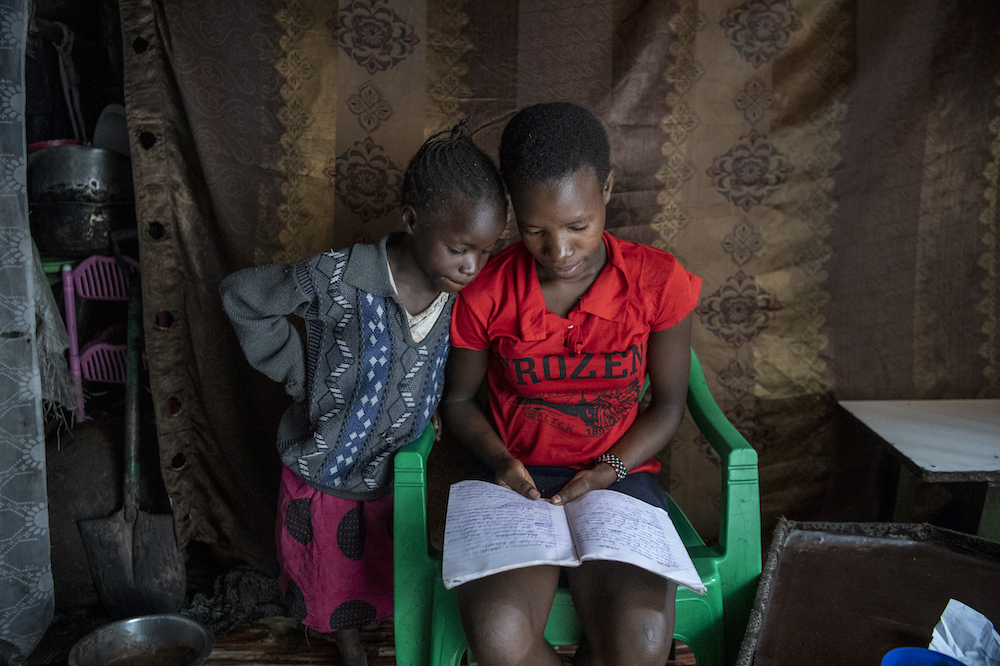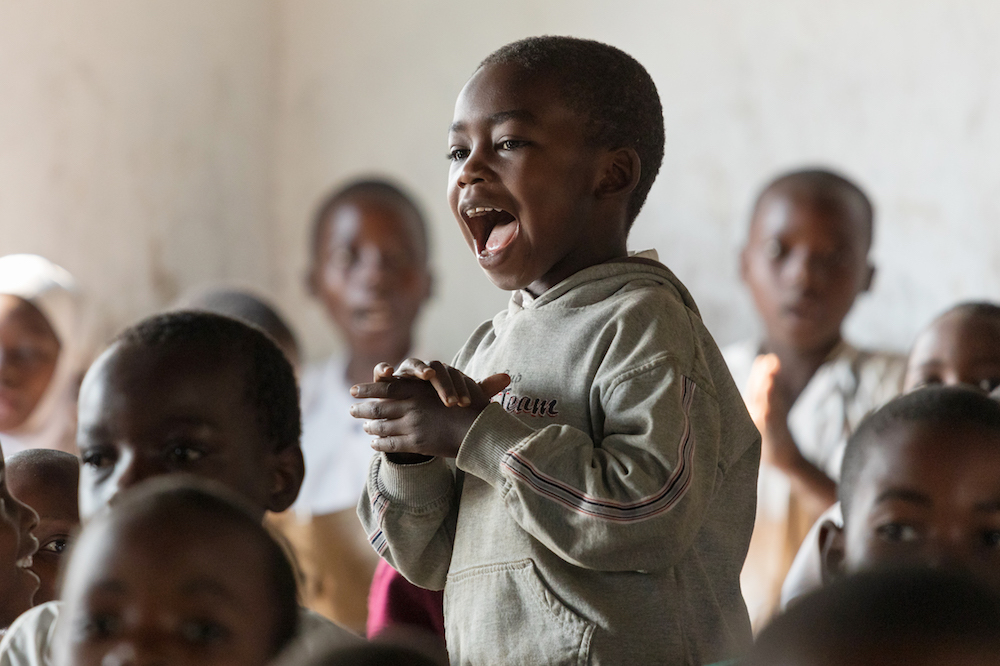
Schools go back but many children stay away in crisis-torn Venezuela
Right to education
With millions struggling to feed themselves, hard-up families can't afford school meals or basic classroom supplies.
Venezuela’s school year began two days ago with few students arriving in classrooms – amid a crippling economic crisis that has left many families unable to afford supplies or provide their children with enough food to focus on schoolwork.
The OPEC member is collapsing under low oil prices and an unraveling socialist economic system, leaving millions struggling to eat and hundreds of thousands streaming into neighbouring countries in search of better conditions.
Though classes often take several weeks to get into full swing, teachers said the absenteeism was significantly more notable this year.
In the poor, rural town of Caucagua about 45 miles from Caracas, only three students had arrived at the Miguel Acevedo Educational Unit, a public elementary school that has 65 students registered, according to principal Nereida Veliz.
School performance “is quite low because children are not coming to class” said Veliz in the small schoolhouse where the power is out and running water only works three days a week. Students generally come to receive state-sponsored meals.
“They do not eat at home, they eat here,” she said.
The Education Ministry did not respond to a request for comment. Education Minister Aristobulo Isturiz said last week classes would start this week for 7.6 million students at 30,000 schools around the country, a figure that includes 5000 private schools.
Venezuela’s hyper-inflationary collapse has left pencils, books and uniforms out of the reach of the average citizen.
A steady decay of public transportation has become a growing limitation on activities ranging from delivering products to taking children to school.
“I made a huge effort to bring my son to school. Part of his uniform is from last year and from his brother’s things,” said Omaira Bracho, 50, in the coastal city of Punto Fijo in the state of Falcon.
“I found shoes on sale. The hardest thing is the school supplies.”
President Nicolas Maduro, in a state broadcast on September 17, said the school year had got off to a good start. Maduro said Venezuela is the victim of an “economic war” led by US-backed political adversaries.
“I want Venezuela to have the best education system in the world,” Maduro said, while showing off the pencils, notebooks and rulers he said were being distributed to schools.
In the border state of Tachira, Javier Tarazona of the state teachers’ association said classes had not started due to problems including lack of power, inadequate sanitation and insufficient food.
At the Benedicto Marmol school in Punto Fijo, only three of 365 students showed up on the first day, according to Falcon state teachers’ union representative Mari Garcia.
“There are always a lot of children missing at the beginning of the class but it has never been so noticeable,” she said.
More news

